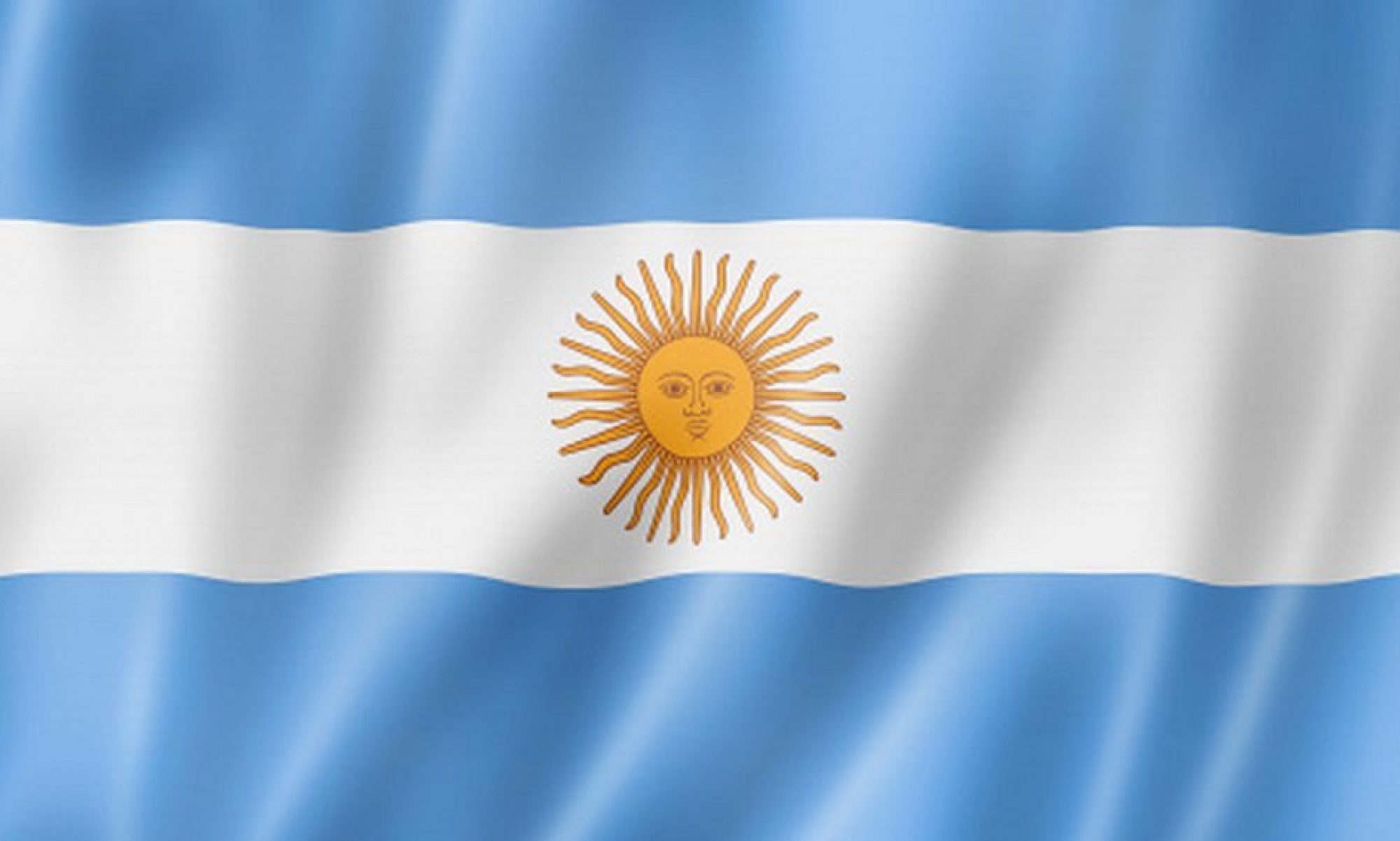Greek Festivities: How Zeus Aligns with the Ancient Traditions
The ancient Greeks were known for their love of celebrations and festivities, which often honored the gods and goddesses of their pantheon. Among these deities, Zeus was one of the most revered and widely worshiped. As the king of the gods, he played a central role in many Greek festivals and traditions. In this article, we will explore how Zeus aligns zezeus-game.com with the ancient traditions of Greece, and what his importance means for modern-day celebrations.
The Significance of Zeus
Zeus was the supreme ruler of the skies and thunder, known for his powerful lightning bolts and his ability to control the weather. He was often depicted as a bearded man wearing a laurel wreath on his head, carrying an eagle or a scepter in one hand. As the king of the gods, Zeus oversaw all aspects of life, from agriculture and fertility to law and order.
In ancient Greece, Zeus was considered the protector of the city-states and the guarantor of their prosperity. He was often invoked in times of crisis, such as during wars or droughts, when his divine intervention was needed to bring about a favorable outcome. The Greeks believed that Zeus’s power extended far beyond the realm of the gods, influencing every aspect of human life.
The Festival of Zeus
One of the most important festivals dedicated to Zeus was the Olympian festival, also known as the "Zeus Olympios" or "Olympia". This festival took place in Olympia, a sacred valley in western Greece, and lasted for several days. During this time, athletes from all over Greece gathered to compete in various events, including chariot racing, wrestling, and the long jump.
The festival of Zeus was also an opportunity for Greeks to come together and celebrate their shared cultural heritage. The games were accompanied by elaborate ceremonies and sacrifices, which included animal offerings to Zeus as well as other gods and goddesses. The highlight of the festival was the sacrifice of a white bull, which was then distributed among the crowd.
The Connection between Zeus and Other Gods
Zeus’s importance in Greek mythology is not limited to his own role as king of the gods. He also has significant connections with other deities in the pantheon, including Poseidon, Athena, and Hera. In some myths, Zeus is depicted as having a complicated relationship with these gods, often resulting in conflicts or rivalries.
For example, the story of the Olympian gods’ struggle for power is central to Greek mythology. According to legend, Zeus waged war against his father Cronus and his brothers Hades and Poseidon, ultimately emerging victorious and becoming the supreme ruler of the skies. This myth highlights the complex dynamics between the gods, with Zeus’s power and authority often being challenged by other deities.
Zeus in Modern-Day Celebrations
The legacy of Zeus lives on in modern-day Greek festivals and traditions. While many ancient customs have been lost to time, some continue to be observed today, particularly during Easter celebrations. In Greece, Easter is still a major holiday, with the traditional "Tsambika" festival taking place across the country.
During this festival, people come together to dance, sing, and enjoy traditional food and drinks. The festivities often include processions of icons and statues, as well as symbolic reenactments of ancient myths and legends. Zeus’s influence can be seen in these celebrations, particularly during the "Tsambika" procession, where an icon of St. George (who is associated with Zeus) is carried through the streets.
The Cultural Significance of Zeus
Zeus’s enduring presence in Greek culture speaks to his importance as a symbol of power, authority, and protection. His connection to the natural world, particularly the skies and weather, reflects the ancient Greeks’ deep understanding of the interconnectedness between humans and nature.
As the king of the gods, Zeus also represents the ideals of justice, morality, and right behavior. In Greek mythology, he is often depicted as a fair but stern ruler, who punishes those who break the law or disregard human values. This legacy has influenced Western culture, with many philosophers and thinkers drawing on Zeus’s example to explore questions of ethics and governance.
Conclusion
Zeus’s role in ancient Greek festivities was multifaceted and far-reaching, extending from his connection to the natural world to his influence over human behavior and culture. As we continue to celebrate the traditions of Greece today, it is clear that Zeus remains an integral part of this heritage.
His legacy serves as a reminder of the enduring power of mythology and its ability to inspire new generations. Whether seen as a symbol of protection, authority, or moral guidance, Zeus’s presence continues to resonate with people around the world, a testament to the timeless relevance of ancient Greek culture.

